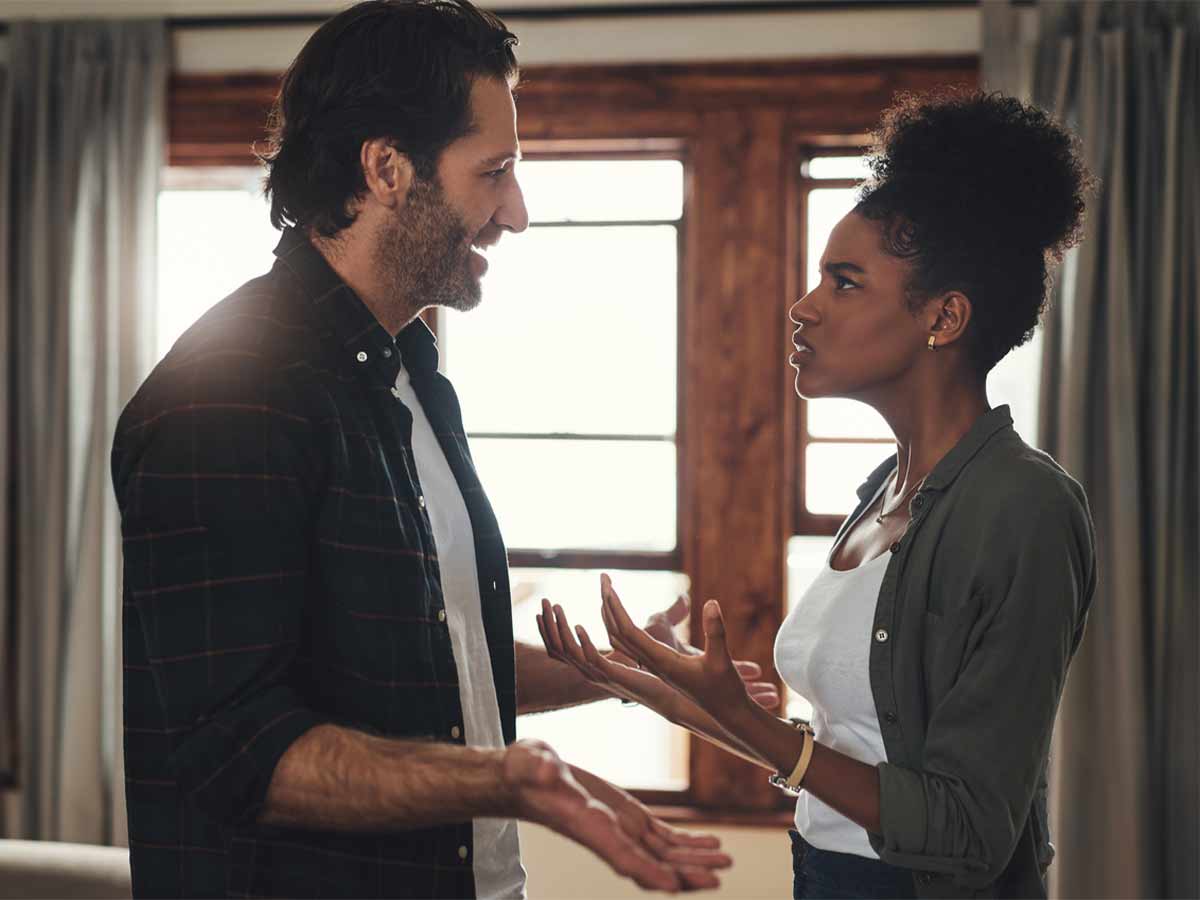It’s a common experience to feel intimidated by couples counselling, and unfortunately there is still a lot of stigma as to who exactly “should” need it and when. By the time a couple arrives in a therapist’s office too often there’s already been a lot of hurt and resentment built up. However, by seeing a couples therapist proactively, you can avoid unnecessary hurt and resentment and are much more likely to be receptive to learning about your partner in the process.
What is the best time to go to couple counselling?
- If your relationship is in crisis, couples counselling can help to put out some fires and minimize further damage from occurring. By setting some boundaries and working towards repair, a couple can gain a broader perspective and insight into what needs to change for moving forward.
- If you feel like your relationship is stuck, couples counselling can help by amplifying your strengths and fine-tuning areas of growth. Both partners are encouraged to look within themselves to gain insight into how they can show up in a healthier way.
- If you are about to reach a significant milestone, such as marriage or having a baby. Going to counselling during this time can help your relationship be as strong as it can be, which goes a long way in adjusting to the stress and uncertainty of upcoming changes.
What is couples counselling actually like?
Couples therapy is not one size fits all; a therapist will wear many hats depending on the couple’s presenting issues, level of distress, and what may be needed at that moment.
This is what you are likely to experience in couples counselling:
- Learning that even strong relationships take work
- Discovering more empathy and understanding
- Moving away from blame and criticism
- Understanding the roots of conflict and learning win-win approach towards it
- Amplifying strengths of the couple
- Exploring and honouring differences
- Processing resentments
- Identifying impacts of past traumas and life experiences
- For each partner to take responsibility and do their own work
What if my partner doesn’t want to do couples counselling?
- Say that you understand the hesitation and share your disappointment, but that you plan to go on your own to work on your contribution to the problem
- Get curious about their concerns and fears
- Involve them in the process
- Propose alternatives such as a guide or course that is self-paced and less intimidating than counselling
- for example, have a look at our Lifted Life Guide, which can help them jump-start their self-reflection process
Whether you’re accessing counselling proactively or reactively to a crisis, couples counselling can help you learn about yourself, your partner, as well as strategies for making changes to the way you relate to each other.
You can also check out Fight Less, Fight Fair!




